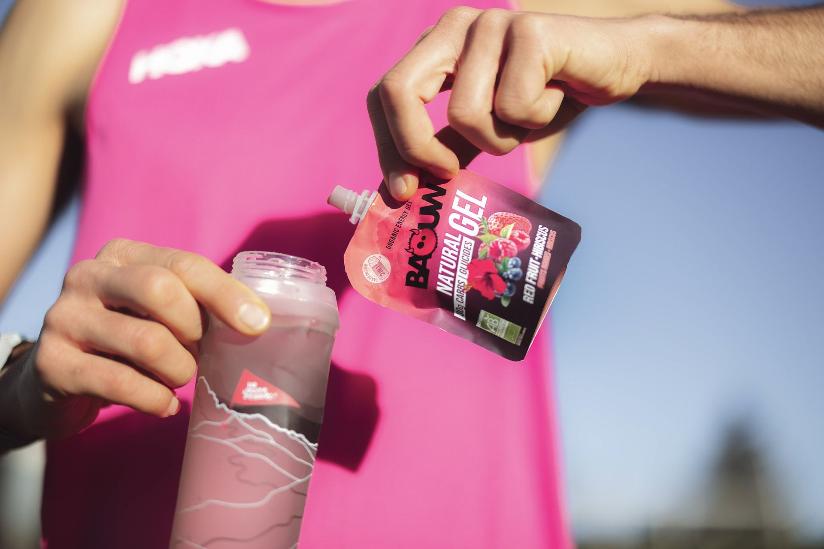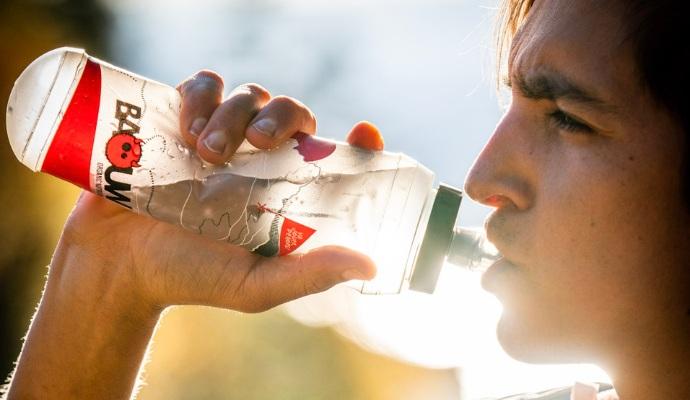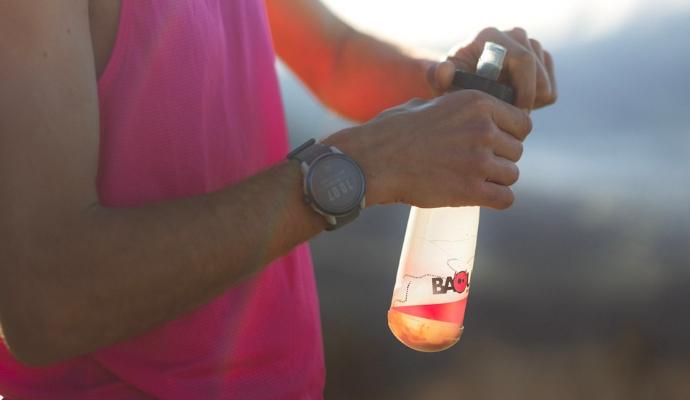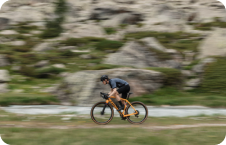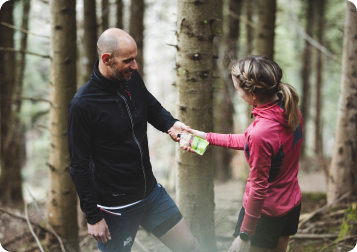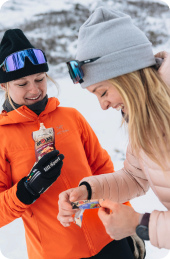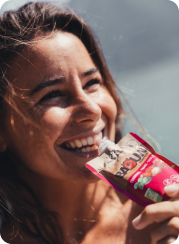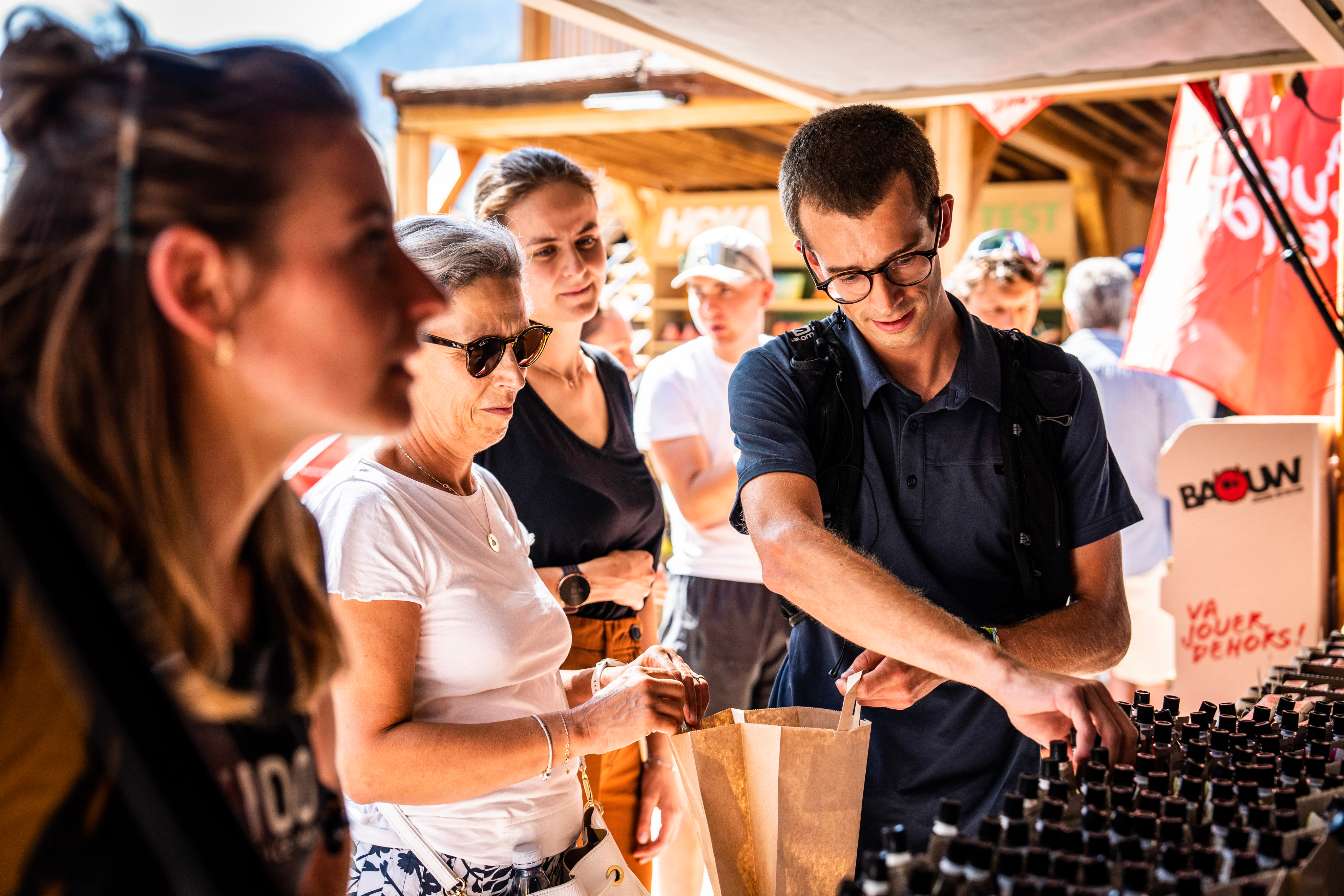Water is life. This maxim, full of meaning for the environment that surrounds us, is just as meaningful for the human body. Water makes up almost 60% of our body mass and ensures that it functions properly: it allows good blood circulation, ensures thermoregulation, protects essential organs, lubricates our joints and plays a part in digesting and assimilating the food we eat.
When it comes to sport, it's the same thing: hydration plays a vital role. However, we regularly find that hydration is relegated to second place when it comes to optimising the performance of sportspeople. This is a mistake. Sports nutrition is a whole in which 2 pillars are intertwined: hydration and diet. Hydration is therefore essential to sporting performance. You can have the best food strategy, the best physical preparation, the best equipment... If you don't hydrate properly, everything will go wrong.
In this article, we want to give you all the keys to understanding how to optimise your health and performance through hydration, by breaking the subject down into 3 parts: hydration before exercise; hydration during exercise; hydration after exercise.
Because that's our mission at Baouw: to provide you with all the knowledge you need to take full control of your sporting activities and your health.
To do this, we called on two specialists in the field: Benoit Nave, our expert nutritionist and co-founder of Baouw, and Marion Counil, a dietician-nutritionist and seasoned runner.
Ready for a behind-the-scenes look at hydration?
1/ Hydration before exercise: you need to store your energy!
If you spend months training to achieve your goal, you don't want to make mistakes in the week leading up to your competition that could become handicaps in your quest for performance. To anticipate your pre-competition week as well as possible, it's important to work on 2 fronts: intra-cellular storage and extra-cellular storage, as Benoit Nave explains.
‘During your pre-competition week, it's important to pump up your glycogen reserves by maximising your carbohydrate intake. The good news? By doing this, you'll also optimise your water reserves. Every gram of carbohydrate you ingest will be accompanied by 2.7g of water, which will enter the muscle cell, where muscle glycogen is stored. This is pre-hydration at an intra-cellular level. In simple terms, the more carbohydrates you consume and the more glycogen you store, the more water you will store. Of course, there's a limit to how much you can store, because if you exceed 600 or 700g of muscle glycogen, you're not storing anything!
How can you plan ahead?
‘During your last 2 relatively difficult sessions (e.g. D-7 and D-4), remember to pay close attention to the replenishment of glycogen stocks. If you cook 100g of rice in water, by the end of the cooking you'll have 300g to 400g of rice on your plate. This water is stored when the carbohydrates are ingested. The first pre-storage is optimal if carbohydrate recharging is carried out correctly’.
Benoit continues:"The second way of anticipating your hydration is to optimise extra-cellular volume. The day before the race, for example, it's a good idea to drink a bottle of St-Yorre sodium bicarbonate water. This will allow your body to initiate storage reactions and increase your plasma volume.
As Marion sums up: ‘Hydration plays a crucial role in a number of aspects: in thermoregulation, enabling the body to maintain an adequate temperature; in the assimilation, absorption and digestion of carbohydrates; in the elimination of toxins and in glycogen storage.
"In the days leading up to your competition, it's a good idea to have a hydration routine to make sure you don't run into a deficit, e.g. drink 1L5 to 2L at regular intervals, in small amounts. For people who are sensitive to it, pay particular attention to limiting the intake of fizzy water to avoid causing gastric upsets’.
2/ Hydration during exercise: you need to adapt!
It's important to remember that during physical effort, you sweat. Depending on the type of effort: short, long, ultra-trail, and therefore the amount of time you spend on the trails, as well as the day's weather conditions (hot or cool), your sweat losses and therefore your water requirements will vary greatly.
Benoit explains why: ‘When you sweat, you lose water, of course, but that's not all. You will also deplete your mineral reserves, most of which are sodium (the white spots on your t-shirts when you sweat a lot) as well as magnesium and potassium. These minerals are called electrolytes. The key is to limit these losses by replenishing them through hydration.
Marion Counil also recommends setting up a routine: ‘It's always very difficult, if not impossible, to provide as much hydration during exercise as you're going to lose, so the aim is to drink regularly and in small quantities (2-3 sips every 15 minutes) to compensate for losses as much as possible and not impact on your performance. It's perfectly possible to train during your preparation, to encourage your stomach to expand during the effort. In hot weather, you'll sweat more. It may therefore be a good idea to add more electrolytes to your drink. On the other hand, in cool weather, you'll sweat less, but you'll use more energy to fight the cold, so it's a good idea to add more carbohydrates to your drink’.
Benoit Nave adds: ‘On a short race, up to 1h30, it's not necessary to hydrate from a physiological point of view, but you may need to hydrate to cool down your engine in hot weather to limit hyperthermia. Remember that the shorter and more intense the effort, the more fluids you will need.
Marion continues:‘After 3 hours of effort, you are strongly advised to set up a hydration strategy with a precise but adaptable route plan’.
Benoit adds:"In cool conditions, providing your body with 250ml of liquid per hour is enough. In hotter or even scorching conditions, you may need to consume up to 700ml per hour. Beyond that, you run the risk of saturating your intestines. So, to optimise your intake, you'll need to mix a gel and/or bar with a drink to compensate for your energy needs, which will increase as the hours go by.
3/ Hydration after exercise: you need to recover!
Recovery immediately after your competition and in the week that follows is just as important as the week before the competition. Just as before a race you need to replenish your body's stores to maximise your chances of seeing the finish line, optimal hydration after exercise will help you recover more quickly and get back into training more quickly.
Here again, as Benoit shows, the advice remains the same: ‘After a strenuous effort, you need to replenish your water reserves, mainly with water rich in sodium bicarbonates to buffer the body's acidity: St-Yorre, Vichy Célestins, Arvie, Rozana, Badoit. If you drink pure water, you won't store water and so you won't rehydrate’.
Marion adds: ‘You have to be careful to drink water rich in electrolytes after the race to restore the acid-base balance. During exercise, the accumulated toxins linked to the physical effort have acidified your body. By drinking highly mineralised water after exercise, you can buffer this acidity and rebalance your body.
If you're one of the more adventurous, Marion advises you: ‘If you want to know your post-exercise needs in figures, you can use this formula: weight loss (pre-exercise weight - post-exercise weight) x 1.5 (which corresponds to 1.5 litres per kilo of body weight lost).
‘optimal hydration after exercise will allow you to recover more quickly and get back into training more quickly’.
Did you know?
- Be careful with magnesium-rich waters (e.g. Hépar) because the magnesium molecule present in these waters speeds up intestinal transit and can therefore cause diarrhoea just before, during and after the race.
- Sparkling water is not necessarily rich in minerals, so look at the label and check the mineral content of the water you buy.
- Carbonated water can play a positive role during exercise by allowing your stomach to release any gastric spasms by burping.
Would you like to find out more about sports nutrition and take control of your health? Check out our dedicated articles!



